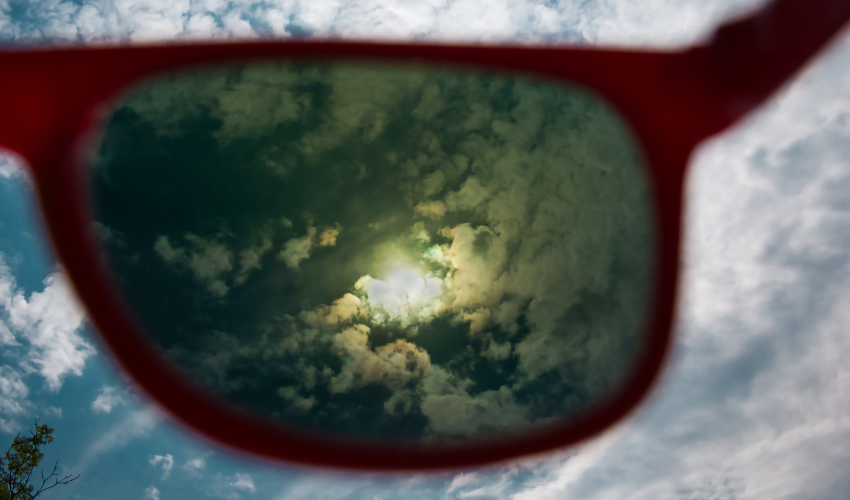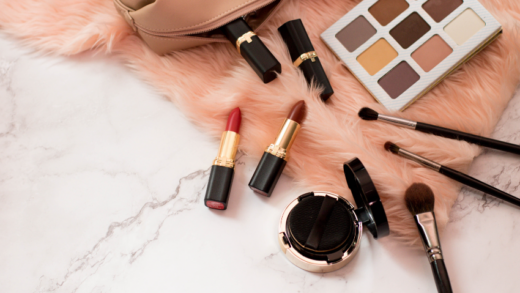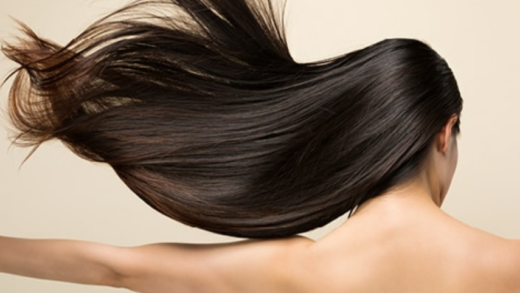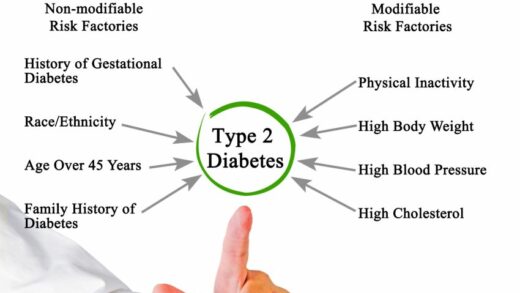We all love the warm glow of the sun on our skin, but what many people don’t realize is that prolonged exposure to UV rays can have serious consequences for our health. From skin damage to eye problems, UV radiation can harm us in ways we don’t even realize. In this article, we’ll explore the harmful effects of UV rays on humans and offer tips for protecting yourself from the sun’s dangerous rays.
Understanding UV Radiation
Before we delve into the harmful effects of UV rays on humans, let’s take a closer look at what UV radiation is and how it affects our bodies.
Types of UV Radiation
There are three main types of UV radiation: UVA, UVB, and UVC. UVA rays penetrate deep into the skin and cause aging and skin damage, while UVB rays are responsible for sunburns and skin cancer. UVC rays are the most dangerous, but fortunately, they are absorbed by the Earth’s atmosphere and do not reach us.
How UV Radiation Affects the Skin
UV radiation damages the DNA in our skin cells, which can lead to skin cancer. It can also cause premature aging, wrinkles, and sunspots. Over time, repeated exposure to UV radiation can weaken the skin’s immune system and make it more susceptible to infection.
Eye Problems Caused by UV Radiation
UV radiation can also damage our eyes, leading to a variety of problems. These include cataracts, which cause cloudy vision, and macular degeneration, which can lead to permanent vision loss. Sunglasses with UV protection are crucial for protecting your eyes from the harmful effects of the sun.

Protecting Yourself from Harmful Effects Of UV Rays
Now that we understand the dangers of UV radiation, let’s talk about how to protect ourselves from the sun’s harmful rays.
Wear Sunscreen
Sunscreen is the best way to protect your skin from UV radiation. Choose a broad-spectrum sunscreen with an SPF of at least 30, and reapply it every two hours when you’re outside.
Wear Protective Clothing
Wearing long-sleeved shirts, pants, and wide-brimmed hats can also help protect your skin from UV radiation. Dark, tightly woven fabrics offer the best protection.
Seek Shade
Avoid direct sunlight during peak hours (10 am-4 pm) when the sun’s rays are strongest. Seek shade under trees, umbrellas, or other structures.
Use Sunglasses with UV Protection
Choose sunglasses that block 99-100% of UVA and UVB radiation to protect your eyes from damage.

FAQs
- Can UV radiation cause skin cancer?
Yes, repeated exposure to UV radiation can damage the DNA in skin cells, leading to skin cancer. - Is it safe to use tanning beds?
No, tanning beds emit high levels of UV radiation and can increase your risk of skin cancer and other health problems. - Can you get sunburned on a cloudy day?
Yes, clouds do not block UV radiation, so it’s important to wear sunscreen and seek shade even on cloudy days. - Are all sunscreens created equal?
No, not all sunscreens offer the same level of protection. Look for a broad-spectrum sunscreen with an SPF of at least 30. - Can UV radiation damage my eyes?
Yes, UV radiation can cause a variety of eye problems, including cataracts and macular degeneration. For protect your eyes from damage caused by UV rays you should eat food rich with antioxidants.
Conclusion
While the sun can feel pleasant and comforting, it’s important to remember that prolonged exposure to UV radiation can have serious consequences for our health. From skin damage to eye problems and even skin cancer, the harmful effects of UV rays on humans cannot be ignored. By taking simple steps to protect ourselves, such as wearing sunscreen, protective clothing, and seeking shade, we can reduce our risk of harm from the sun’s rays. Don’t let the sun’s warmth fool you – take care of yourself and stay safe in the sun.





















